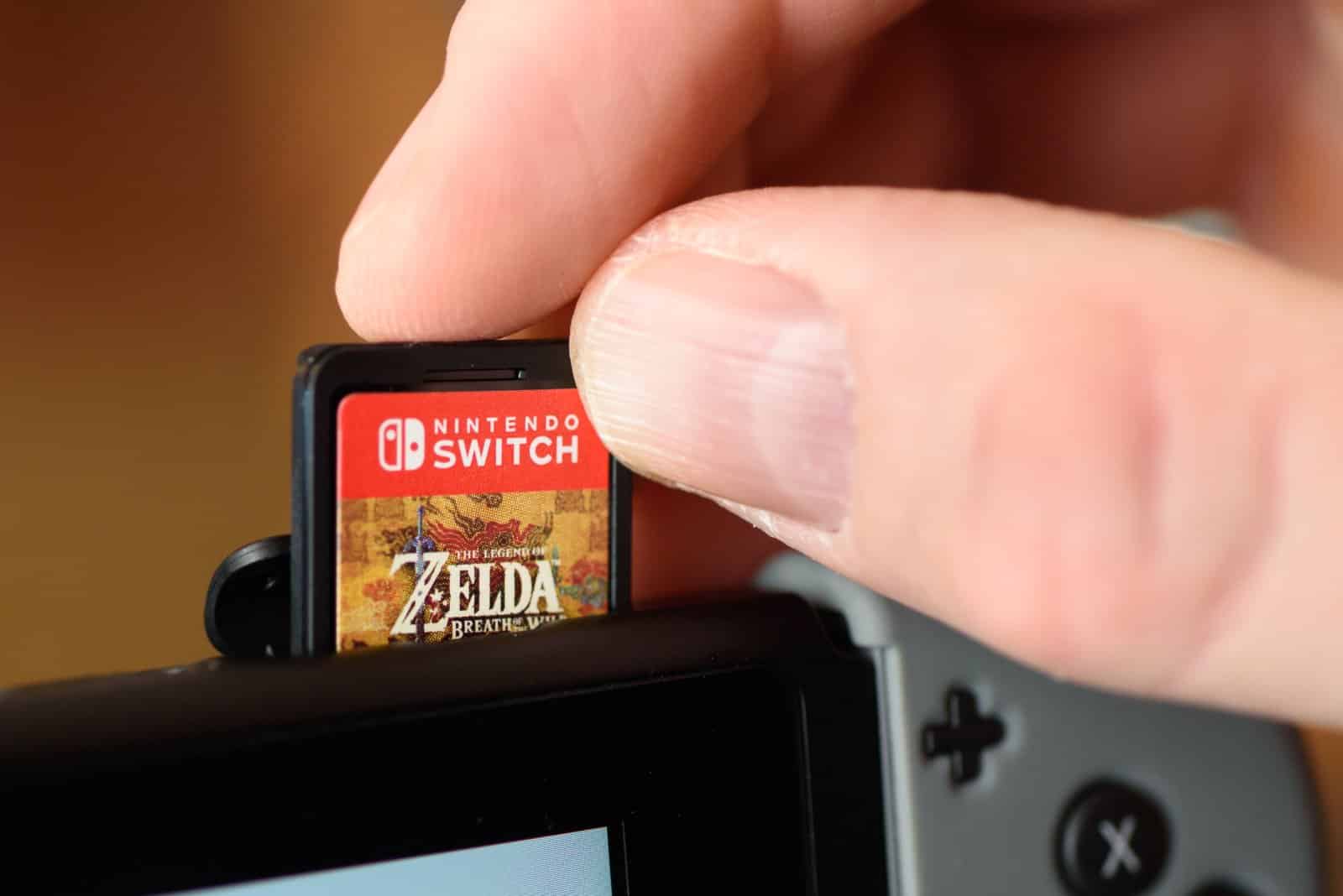As video game companies make massive amounts of money, layoffs and restructuring are happening all across the industry, leading to calls for unionization. Here’s the full story.
The Game of Life

During the pandemic, starved of human interaction and a place to gather safely, millions picked up a controller to console their deep-seated need to connect with friends, lighten the load, or simply cheer themselves up by shooting aliens in the face.
Cha-Ching!

Since the pandemic, the only trajectory for the games industry has been upwards, with some games making considerably more money for their parent companies than blockbuster movies.
Geeking Out

2023 was no different, with blockbuster video games breaking records, from the latest Legend of Zelda to Starfield to Baldur’s Gate 3.
Level 2

However, once you begin to peel back the surface of the gaming industry and the piles of money it is making, not all is as rosy as it might initially seem.
Game Over

Despite the never-ending growth of the video game sector, widespread layoffs and job cuts are being carried out across the industry, leading to a growing call for unionization among workers.
Back to Start

Companies with robust sales and healthy revenue streams are at risk, with titans of the industry, such as Epic Games and Activision Blizzard, significantly downsizing their workforces.
Streamlining

Some of this is due, in part, to the massive changes that have recently swept the video games industry. Microsoft, itself a giant in the world of consoles and PC gaming, finalized its purchase of Activision Blizzard recently.
It found itself with two companies doing the same job, video game publishing, which led to layoffs as Microsoft attempted to streamline the business. This streamlining led to the loss of almost 2000 jobs.
One-Up

The pandemic led to a boom in the video game industry, with massive sales all across the sector, which led to increased investment, new projects being announced, and the hiring of scores of new workers.
New Level Unlocked

However, thankfully, the pandemic ended, and while that was excellent news for all of us who enjoy the outdoors, seeing friends, and holding our loved ones close, this was terrible news for the makers of video games.
Do Not Collect $200

The new investment money pouring in dried up, and games that had been greenlit were cut back to cut costs.
As companies corrected their revenue projections to adjust to the new reality they found themselves in, savings needed to be made.
Hard to Beat

The end of the pandemic wasn’t the only outside factor that has affected the industry.
Inflation rates continued to climb and, even after they began to fall, remained stubbornly high, cutting into game development companies’ bottom line by increasing costs across the sector.
The Squeeze

To offset these rising costs, companies all across the industry focused on games they knew would bring in the big bucks, canceling or sidelining other games without proven marketability.
Stick To What You’re Good At

This focus on sequels and long-running series, such as the Call of Duty franchise, has then perpetuated the cycle of layoffs and led to the cancellation of more projects.
While No One’s Looking

This move by big-name studios has led to other, smaller companies making similar moves to downsize, capitalizing on the apparent trend within the industry to make cuts while consumer attention is directed elsewhere.
A New Challenger Has Entered

As if this wasn’t bad enough, AI is also beginning to make waves in video game development.
While AI can streamline the game development process, having artificial intelligence do jobs that used to require a real, flesh-and-blood person will ultimately reduce the number of workers.
Unionization

Concerns amongst workers in the video game industry around the instability of work or their replacement by AI have led to widespread calls across the industry for unionization.
Worker Power

Workers across the industry have come together to secure job security, tackle the scourge of unfair working conditions and long hours, and increase pay.
Business Decisions

Despite the growing calls for accountability within the industry, layoffs are still ongoing, with many companies striving for stability over more experimental projects that may advance video games as an art form.
While this may lead to despair amongst video game purists, ultimately, balancing the industry’s long-term growth with innovation is necessary.
The “Crunch”

However, a cultural shift is happening inside and outside the industry.
Many practices considered, until recently, part of the job, such as so-called “crunch” periods where workers were expected to work long, grueling hours in the final weeks and months before a game’s release, adding to the calls for unionization amidst an industry finally coming to terms with employee well being.
Good News

Despite these challenges, the video game industry is nothing if not resilient, having proven itself able to adapt to broad changes since the days of the arcade.
Technological advancements, currently proceeding at a blistering pace, are expected to make the video games industry an adaptive and resilient part of the economy for years to come.
Continue? Y/N

As the industry grapples with the current round of layoffs amid the current economic uncertainty, the resilience and drive of the people within the sector should not be underestimated.
Many workers who leave large studios will form new game studios, developing projects that will entertain and amaze fans of video games for years to come.
The post Video Games Industry Sees Profit Boom Amid AI Integration and Layoffs first appeared on Swift Feed.
Featured Image Credit: Shutterstock / SG SHOT.
The content of this article is for informational purposes only and does not constitute or replace professional financial advice.

